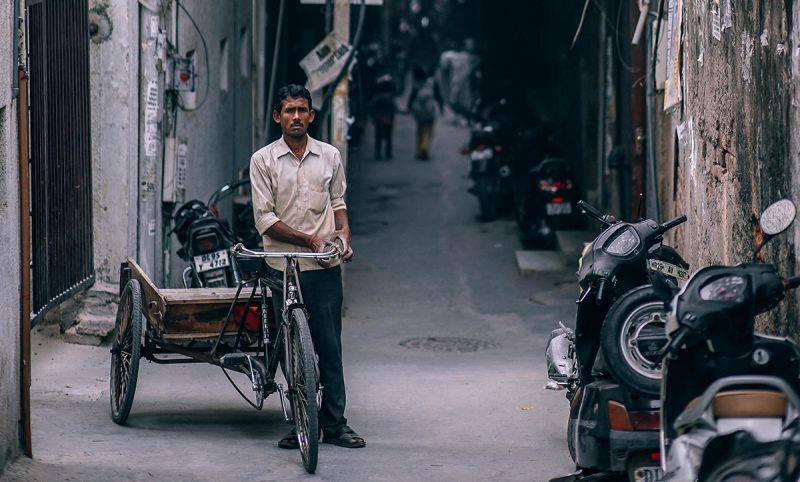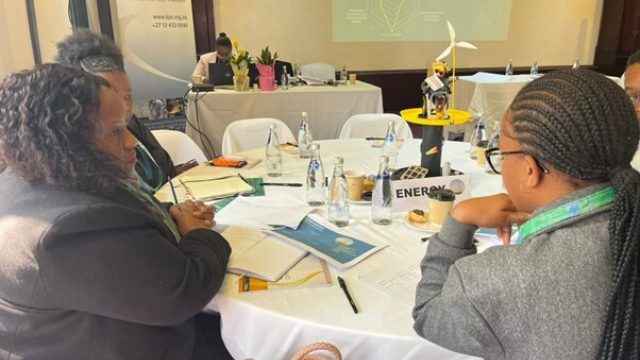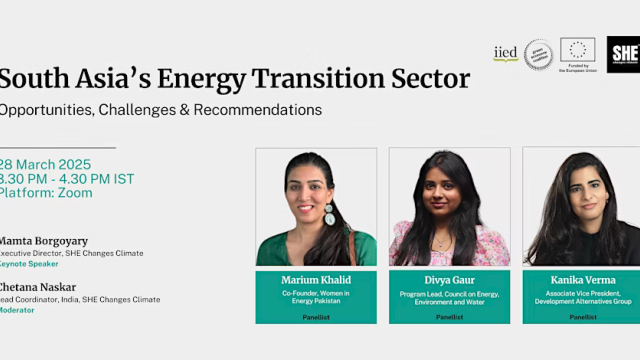Is inequality harming the environment?

Tackling economic inequality cannot come above tackling environmental damage. The most vulnerable in society suffer most from the effects of environmental damage. In addition, economic inequality exacerbates environmental damage. The two issues are intrinsically linked and in order to tackle them, we need to address them together.
Greater inequality in a country, as defined through people’s relative distribution of income, pay and wealth, leads to poorer outcomes for health, happiness and education for almost everyone in that society. Those who suffer most from these effects of inequality in the UK are also disproportionately affected by the cost of environmental damage. This effect is evident when air pollution is shown to be significantly greater in the poorest 20 percent of neighbourhoods in the UK. Yet the recent resignation of all four members of the Social Mobility Commission shows the lack of progress we have made in tackling inequality. Greater effort to reduce economic inequality is needed in the UK, if we are to reduce damage to the environment without further hardening the lives of the worse off in society.
The less well-off suffer most from environmental damage
The link between economic inequality and unequal environmental impacts can be seen on a global scale as well. A recent study by the World Bank found that most people live in countries where poorer residents are more exposed to disasters like droughts, floods and heat waves. Higher income countries nearly always have better infrastructure and planning in place for environmental disasters. For example, while 91 percent of farmers in the US have crop insurance to cover losses in the event of extreme weather only 15 percent of Indian farmers and 1 percent of farmers in Malawi do. It is clear that poorer people, both within countries and globally feel the negative impacts of environmental damage more than their higher income counterparts.
When climate disasters do occur, higher income countries also recover far quicker. While Japan recovered from its 1995 earthquake rapidly, with railways 80 percent in operation within a month, Haiti is still severely battling with homelessness, cholera and mass food shortages from its 2010 earthquake of similar magnitude. Climate change, with its ability to push the most vulnerable in the world into extreme poverty, is detrimental to economic equality globally. In order to tackle inequality, it is vital that steps are taken to reduce damage to the environment.
Economic inequality drives environmental damage
It might be sadly unsurprising that the worst off in society are also the most likely to suffer from environmental damage, but is the existence of economic inequality itself bad for the environment? Increasingly, evidence suggests that more unequal affluent countries generate higher levels of pollution than their more equal counterparts. They create more waste, eat more meat and produce more carbon dioxide. The richest 10 percent of the world’s population is shockingly accountable for around 50 percent of global emissions. However, in equal countries which have greater income equality, such as Germany, Japan and South Korea, it isn’t just the rich that pollute less, pollution on average is lower.
“ Whilst the effects of environmental damage can be felt most by those worst off in world, it is becoming increasingly apparent that more equal societies are needed to truly create more environmentally friendly ones.”
There are a number reasons put forward for this being the case: inequality is thought to fuel individualism by supressing people’s care for common goods like environmental sustainability. Instead those in more unequal societies experience status anxiety. They are more likely to aim for unattainable consumption goals set by the rich, and therefore they consume more at a faster rate, as this is perceived as a sign of success. This is problematic as the rich tend to consume far more than the rest of the population. It can be argued that the notion of economic growth with its ever increasing production rate, has become a substitute for equality of opportunity and income. If this is the case then it spells disaster for the environment. More equal societies are therefore needed to change how and what people consume.
While fast developing countries like China and India are perceived as the new drivers of greenhouse gas production, it is important to recognise that individual consumption is responsible for 64 percent of global emissions, and much of what is produced in developing countries is for the consumption of those in more affluent countries. The fact that more than two-thirds of plastic packaging waste in the UK was exported for recycling last year, further demonstrates the need for higher-income countries to take more responsibility for the environmental damage that they create.
The only beneficiaries of inadequate climate action are those that have a vested interest in a high carbon and deeply unequal global economy. Trump’s withdrawal from the climate change Paris agreement demonstrates the ease with which the most powerful globally can refuse to take responsibility for their actions. It shows a preference for short term economic gain, of which the rich elite benefit the most, over mitigating long term environmental consequences, felt most by the poorest globally. If countries are unequal, there is also more scope for the poor to argue that they should not be burdened with the financial costs of environmental policies. Therefore in more unequal societies, with greater amounts of rich elite, governments have less of a mandate and desire to pursue environmental policies.
Two sides of the same coin
It is clear that in order to tackle both economic inequality and environmental damage most effectively, the two must be looked at together. The work of the RSA’s Citizens’ Economic Council showed us that citizens do view the environment when they consider sustainability in their own futures. The council placed sustainability at the heart of their economic charter, recognising that protecting our environment is essential to achieving social sustainability. As we see citizens connecting the environment to their sustainable futures, it is essential that policy makers do the same.
Work is being done to recognise the two issues as inherently linked. The RSA’s Food, Farming and Countryside Commission is considering how the future of farming in the UK can be both inclusive and sustainable. However more needs to be done nationally to connect the two issues at a government policy making level. Whilst the effects of environmental damage can be felt most by those worst off in world, it is becoming increasingly apparent that more equal societies are needed to truly create more environmentally friendly ones.
Hetal Jani, RSA
This article originally appeared at the RSA website and is reposted with permission


